Depending on the nature of your condition, some appointments may last longer than most office visits. Our highly personalized approach requires giving you adequate time and attention to help us understand the type of pain condition you’re struggling with.
During the initial appointment, a pain assessment will be performed including questions about your medical history, current prescriptions, pain patterns, and any other specific causes for concern. Depending on your symptoms and type of pain, you may expect orders for additional imaging studies or physical therapy. Some patients may receive treatment during their first visit for conditions such as joint pain. For your own safety and to help us make a precise diagnosis, we ask each patient to be as thorough and detailed as possible.
Wear comfortable clothes that do not restrict your motion in case we need to test your skeletal and muscular abilities. Please bring any recent medical records, MRIs, CT scans, X-Rays, or EMG reports that you have in your possession to your first appointment, as well as your insurance card. Patients will also be responsible for paying their insurance co-payments and deductibles if covered by an insurance plan. If patients are paying themselves, our staff can provide an estimate in advance.
Precision Diagnostics Take Time
The results of your first consultation will rule out certain conditions, and give us a good indication of the possible sources of your pain. It may be necessary to schedule further tests to provide detailed images of your spine to pinpoint the specific source of pain. This will enable us to precisely identify the specific location of pain and most effective treatment.
A visit to Precision Pain Care may take longer than what you usually experience at other doctor’s offices because our team takes the appropriate time and attention to accurately diagnose and treat every patient’s condition. We understand patients are anxious for a solution, and we ensure our time and efforts will produce quality outcomes with adequate and effective course of treatment.
Further Diagnostic Testing
Depending on what we discover during your consultation it may be necessary for you to undergo further tests to help us narrow down the possible sources of your pain, better understand you condition or injury, learn why you’re in pain, make a precise diagnosis, and prescribe an effective treatment regimen.
A Precision Diagnosis
Once we’re ready to give you an accurate diagnosis, we will outline the various treatment options available, and elect the ones the provider believes will work best for your condition.
